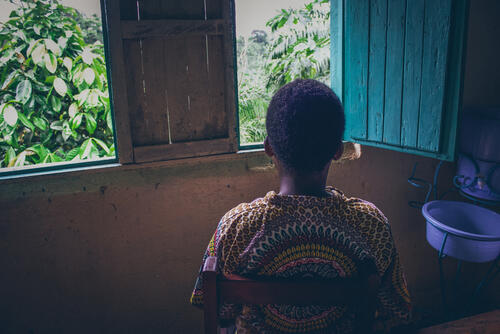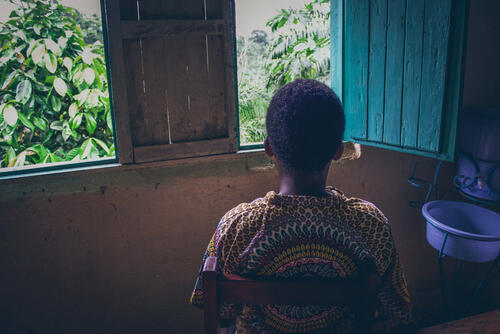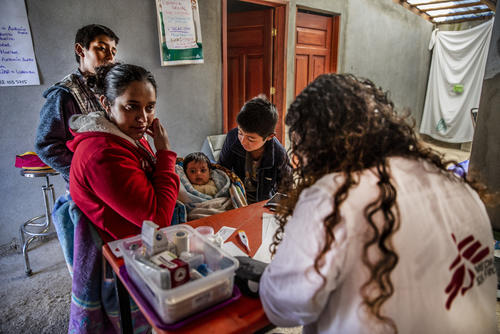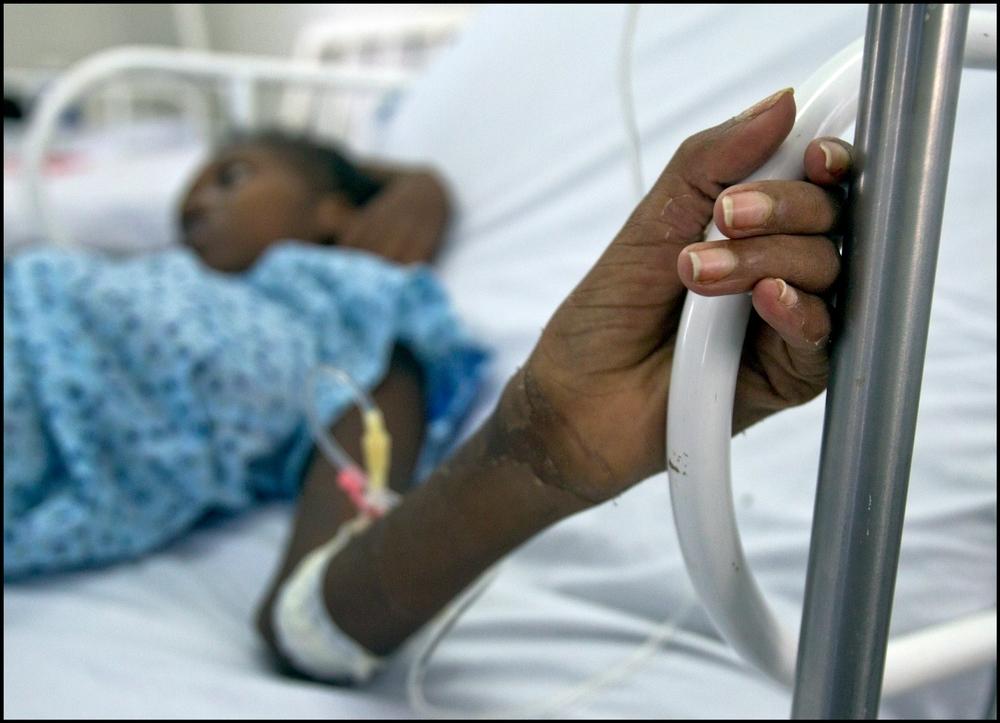Safe abortion
Unsafe abortions are a major problem across the world.
Performed by unqualified personnel and/or in unhygienic environments, unsafe abortions can cause life-threatening complications in girls and women.
These can include severe bleeding, infections and peritonitis (a swelling of the stomach).
The World Health Organization (WHO) estimates that around 25 million unsafe abortions take place each year, almost all in low-income countries. This represents 45 percent of all abortions worldwide.
However, only around seven million of these women are admitted to hospital.
Unsafe abortions are known to cause injury, sterility and even death. They are among the leading causes of maternal mortality worldwide, with up to 13.2 percent of annual deaths attributed to unsafe abortion.
Almost every abortion death and disability could be prevented.

International safe abortion day 2021
Hear from Dr Manisha Kumar, head of MSF's task force on safe abortion care
25 million
UNSAFE ABORTIONS TAKE PLACE EACH YEAR
39,000
WOMEN AND GIRLS DIE AS A RESULT OF UNSAFE ABORTIONs EVERY YEAR
54,582
WOMEN AND GIRLS TREATED BY MSF IN 2023
Guide to safe abortion
Since 2004, Médecins Sans Frontières/Doctors Without Borders (MSF) has provided access to voluntary safe abortions for women around the world, with the objective of reducing maternal mortality and suffering.
In 2023, MSF treated over 54 ,000 women and girls with abortion-related concerns and complications, many of which resulted from unsafe attempts to terminate pregnancy.
We also provided over 430,000 consultations for contraception. Providing effective contraceptive services often means adapting our projects to settings where ongoing crises or conflicts may restrict access to reproductive healthcare.
The vast majority of unsafe abortions take place in low-income countries.
In high-income regions, it is estimated that 30 women die for every 100,000 unsafe abortions. That number rises to 220 deaths per 100,000 unsafe abortions in low-income regions and 520 deaths per 100,000 unsafe abortions in sub-Saharan Africa.
African women have the highest chance of dying from unsafe abortion. While the continent accounts for 29 percent of all unsafe abortions, it sees 62 percent of unsafe abortion-related deaths.
In many societies, there are strong social standards and prejudices linked to abortion, including a certain degree of reluctance to practice, or even talk about it.
We take these social considerations into account, reaching a balance between personal opinion and professional responsibility.
In countries with particularly strict rules on abortion, we work with international volunteers who assume the responsibility for carrying out procedures.
We balance local attitudes and abortion law by focusing on the respect and safety of the women involved.
We also endeavour to communicate clearly about the issue in areas where we work, explaining our medical mission and our arguments and justifications for providing this type of care to women who request it.
Our abortions are 100 percent voluntary and we provide confidentiality to all our patients.
Safe abortion: News and stories



